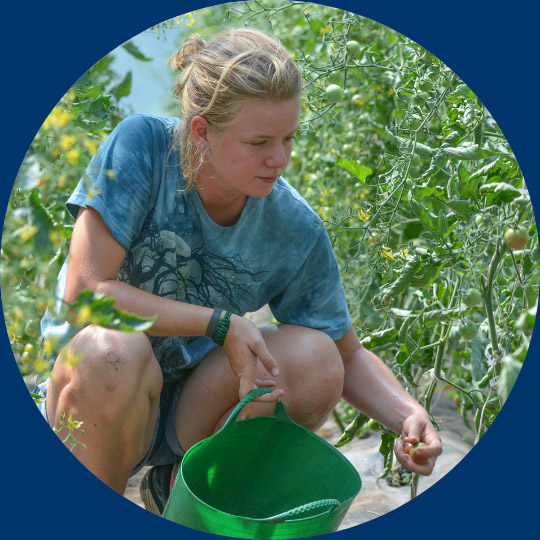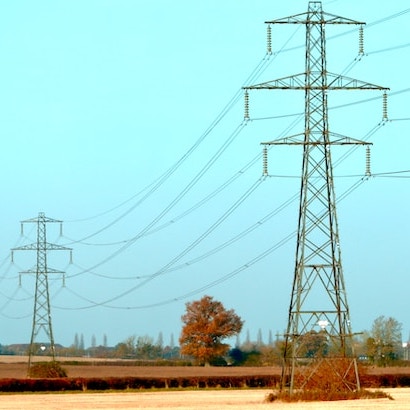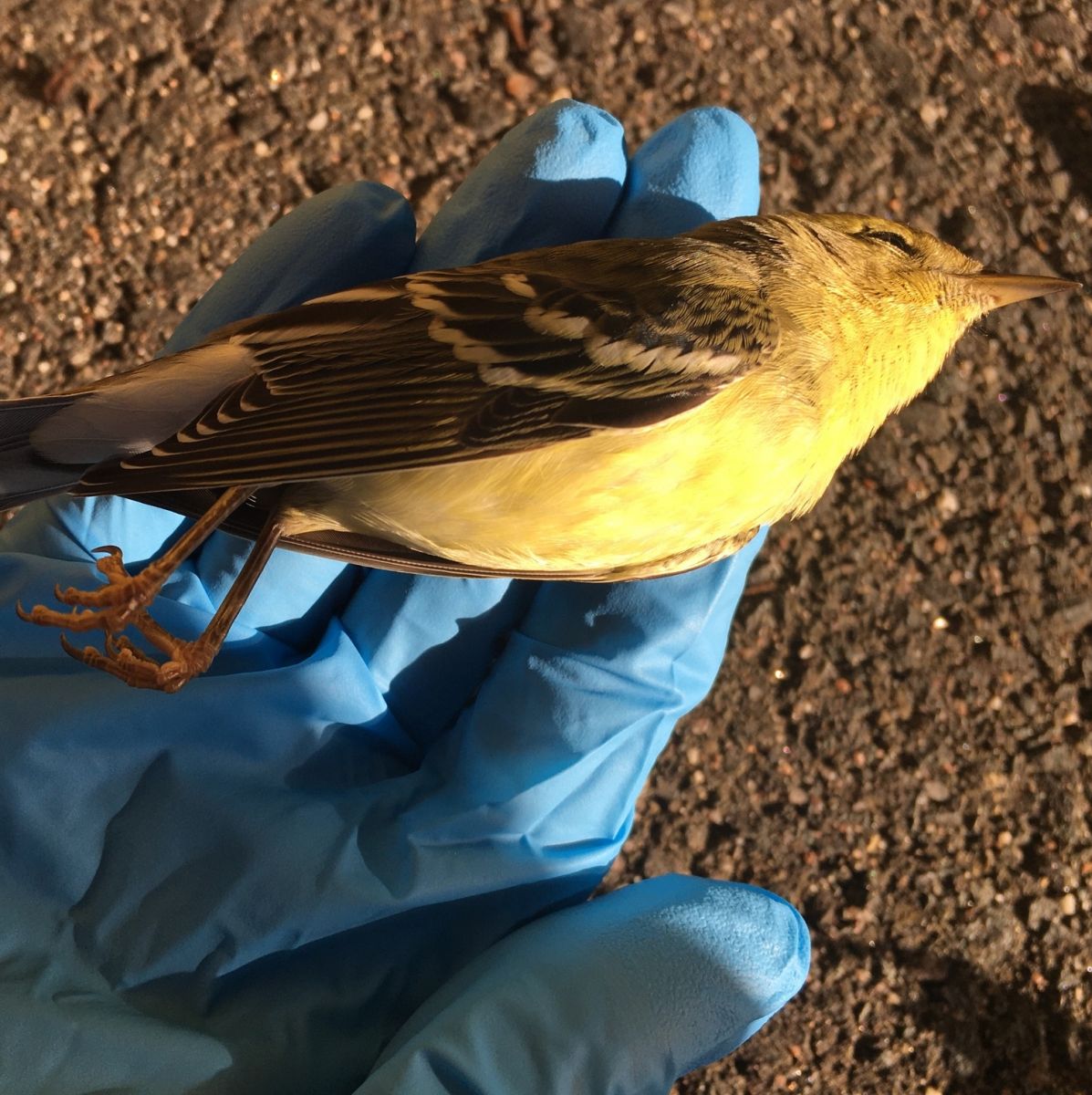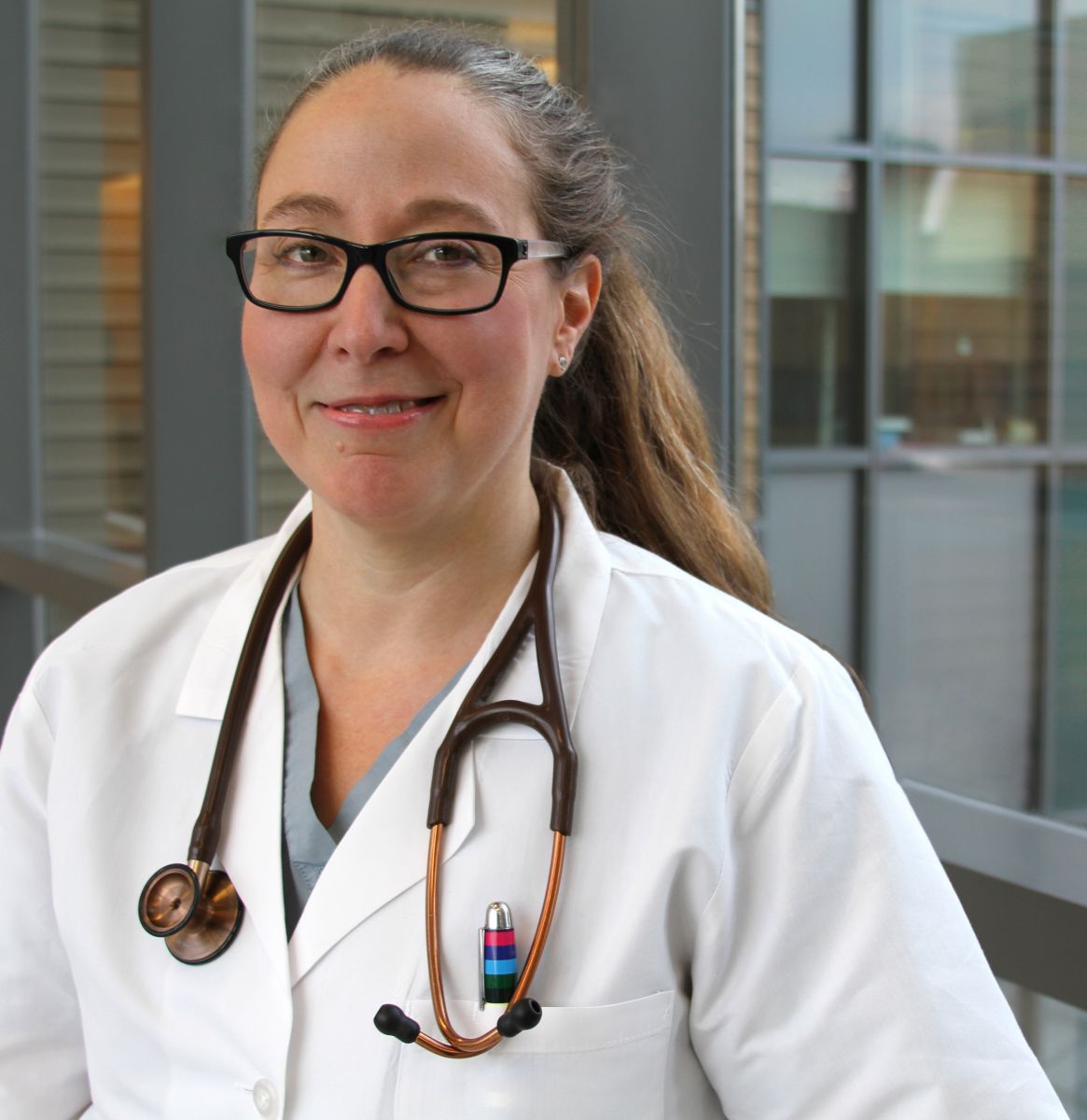Work

The Work We Do
Understanding phenomena. Developing and testing ideas. Communicating persuasively. Implementing effective solutions.
Project Feature
Climate Engagement through Art in Cities
Karen Seto, the Frederick C. Hixon Professor of Geography and Urbanization Science at Yale School of the Environment, and Kymberly Pinder, the Stavros Niarchos Foundation Dean of the Yale School of Art, are reimagining what climate communication can look like. This YPS-supported project seeks to build a sustainable art community in New Haven. Last fall, Victoria Martinez ’20 M.FA. completed the first piece of the project with a mural titled “Take the Risk to Cool Down” that features heat-absorbing paint.
A Selection of Planetary Solutions Seed Grant Projects

The Future of Growth in the Climate Transition
To meet climate targets and combat the inequality exacerbated by climate change, countries like China, India, and those in sub-Saharan Africa will need to pursue growth that is decoupled from carbon dioxide emissions. This path differs significantly from the growth models of high-income countries. To help address these issues, the Yale Economic Growth Center organized a policy-oriented conference in November that brought together academic researchers from several fields, as well as public and private sector stakeholders from low- and middle-income countries.

Enhancing Capacity of Wildlife GPS Collars for Environmental Health
This project team includes a wildlife ecologist, atmospheric scientist, and electronic engineer, focusing on urban carnivores in Detroit, Michigan, one of the most polluted cities in the US. The project will develop an enhanced GPS collar that, in addition to biometric information, collects ambient environmental data. These collars could lead to improvements in public health by providing data to better track and predict dangers for both animals and humans.

Transportation Electrification at Scale: Catalyzing a Sustained Strategy for Planetary Solutions Research-to-Impact
Electrifying transportation may be the most effective way to reduce emissions quickly in Connecticut. This project embeds a research fellow into Connecticut’s state government to help electrify the transportation system effectively, equitably, and affordably.

High Ambient Temperatures During Pregnancy and Risk of Offspring Cerebral Palsy
As the Earth gets hotter, we will see a host of problems. An increase in cerebral palsy may be among them. This research evaluates whether rising temperatures from climate change may lead to an increase in cerebral palsy among children.

Addressing Urban Heat in the Dwight Neighborhood of New Haven
Heat has disproportionate economic and health effects on low-income communities of color in inner-city neighborhoods. Climate change is worsening this inequity. Faculty from the School of Public Health and the School of Architecture will develop and test a model methodology to analyze environmental heat exposure, its health and other impacts, and potential solutions in New Haven’s Dwight neighborhood.

Drought Resilience Mechanisms in Ancient Egyptian Wheats
As climate change increases the prevalence and severity of drought, common agricultural crop varieties may yield less, driving food scarcity. This team will study the drought tolerance traits of two ancient wheat cultivars from Egypt, identify the key traits that confer drought tolerance in wheat to inform current agricultural practices and breeding programs, and help arid parts of the world grow drought-tolerant grains.

Innovative Wood-Product as a Nature-Based Solution to Planetary Challenges
Replacing carbon-intensive materials with new types of wood products can reduce emissions throughout a product's lifecycle. This project will develop an integrated assessment tool to evaluate the net carbon consequences of innovative wood products across their lifecycle.
Read more

The Yale Bird-Friendly Building Initiative
Up to one billion birds die from building window collisions each year in the United States. This team aims to accelerate the adoption of bird-safe building design by creating a plan to reduce bird-window collisions on Yale's campus and by developing public policy proposals for the adoption of bird-friendly building design nationwide.

Health Care Organization Greenhouse Gas Emissions Accounting Tool
The health care sector has critical roles to play in addressing climate change. This project develops a carbon accounting tool to aid health care organizations in tracking and managing their carbon emissions.
Read more
If you are interested in seeing your work featured with these other compelling projects, click here to complete the “Submit a Project” form.
Be Part of the Solution

The Work We Do
Understanding phenomena. Developing and testing ideas. Communicating persuasively. Implementing effective solutions.

Project Feature
The Center for Natural Carbon Capture
Launched in March 2021, the Center investigates the potential of natural carbon sequestration to mitigate greenhouse gas emissions. The natural carbon cycle already draws carbon out of the atmosphere and stores it in plants, soil, and rocks. The Center seeks to better understand how these processes can be enhanced to create reliable, affordable, and scalable strategies to decrease net greenhouse gas emissions.

Rise of the Diatoms (Phytoplankton)—a New Timeline
A new Yale study's findings could upend previous understanding of the tiny phytoplankton's role in everything from the rise of whales to the carbon cycle.

Botanical Garden of Healing Dedicated to Victims of Gun Violence
Mothers of victims of gun violence worked with the Urban Resources Initiative to create this garden, using nature as a vehicle for healing.

Map of Life
Ecologically responsible decisions and solutions require knowledge on distribution, status and trends of biodiversity. The Yale team supporting Map of Life enables this authoritative science platform to deliver this information for places worldwide.

How does urbanization affect squirrel evolution?
Urbanization can accelerate phenotypic changes as species adapt to novel selection pressures. In an NSF funded project, Gisella Caccone uses genomics and citizen observations to explore the evolution of gray squirrel color morphology.

Investigating carbon storage in the Pacific Northwest
Yale's Carbon Containment Lab is investigating geologic carbon storage. One potential source: Biomass removed from regional forests in the Pacific Northwest, mitigating risk of severe wildfires.

Blue Sky Analytics
This Yale startup provides environmental datasets using satellite data and AI to support organizations in insurance, finance, policy, and media with accessible information on critical climate and environment variables.

Connecticut’s Changing Climate Impacts Health
In its 2020 report, the Yale Center on Climate Change and Health reports how temperatures have changed—and are expected to change—in Connecticut and how this impacts our health.

Book: A Better Planet
Forty essays from environmental thought leaders across the political spectrum, focusing on topics like ecology, environmental justice, Big Data, public health, and climate change.

Strong International Support for Climate Action
In partnership with Facebook Data for Good, the Yale Program on Climate Change Communication found, in the 31 countries surveyed, overwhelming support for participating in the Paris Agreement.
If you are interested in seeing your work featured with these other compelling projects, click here and complete the form.